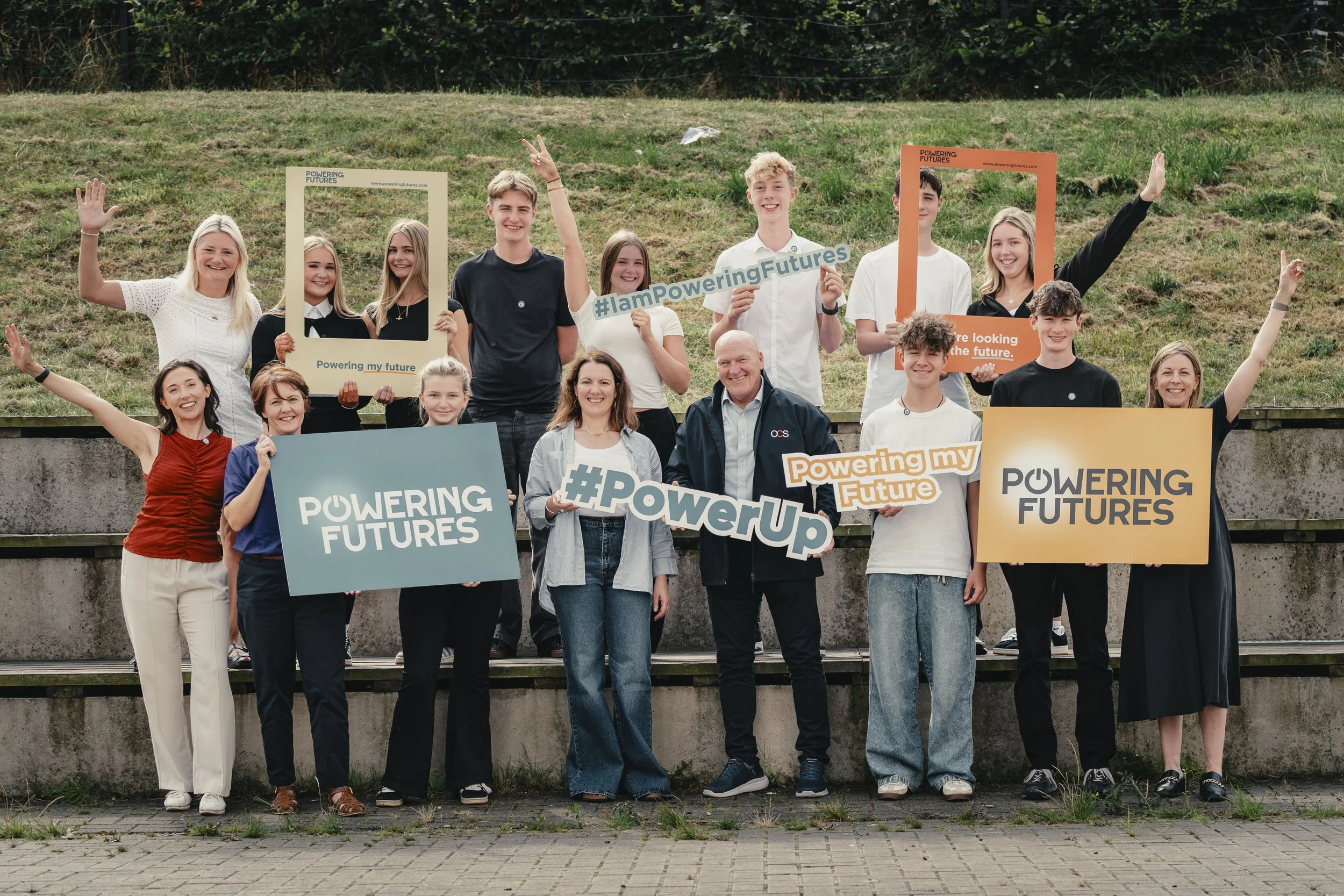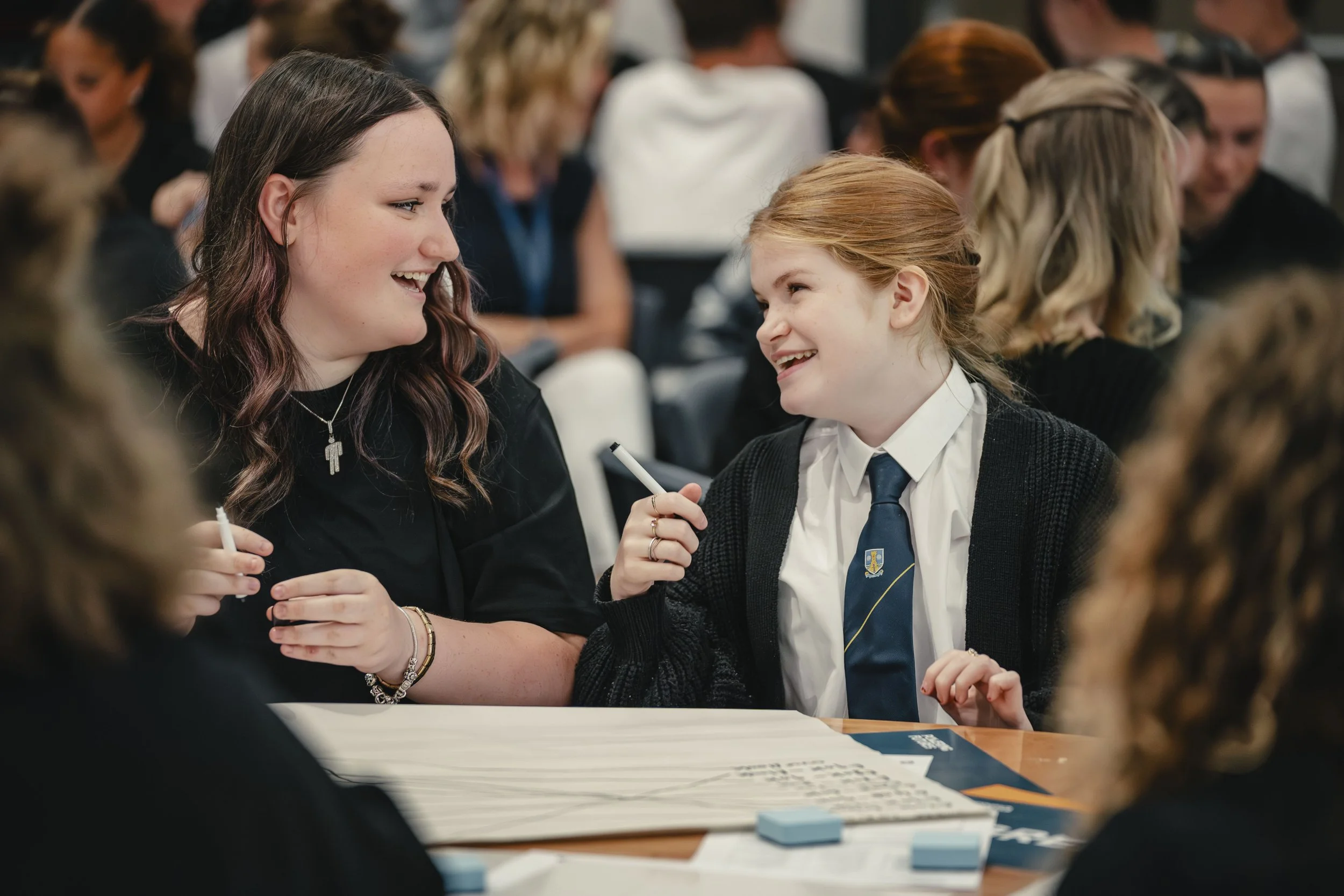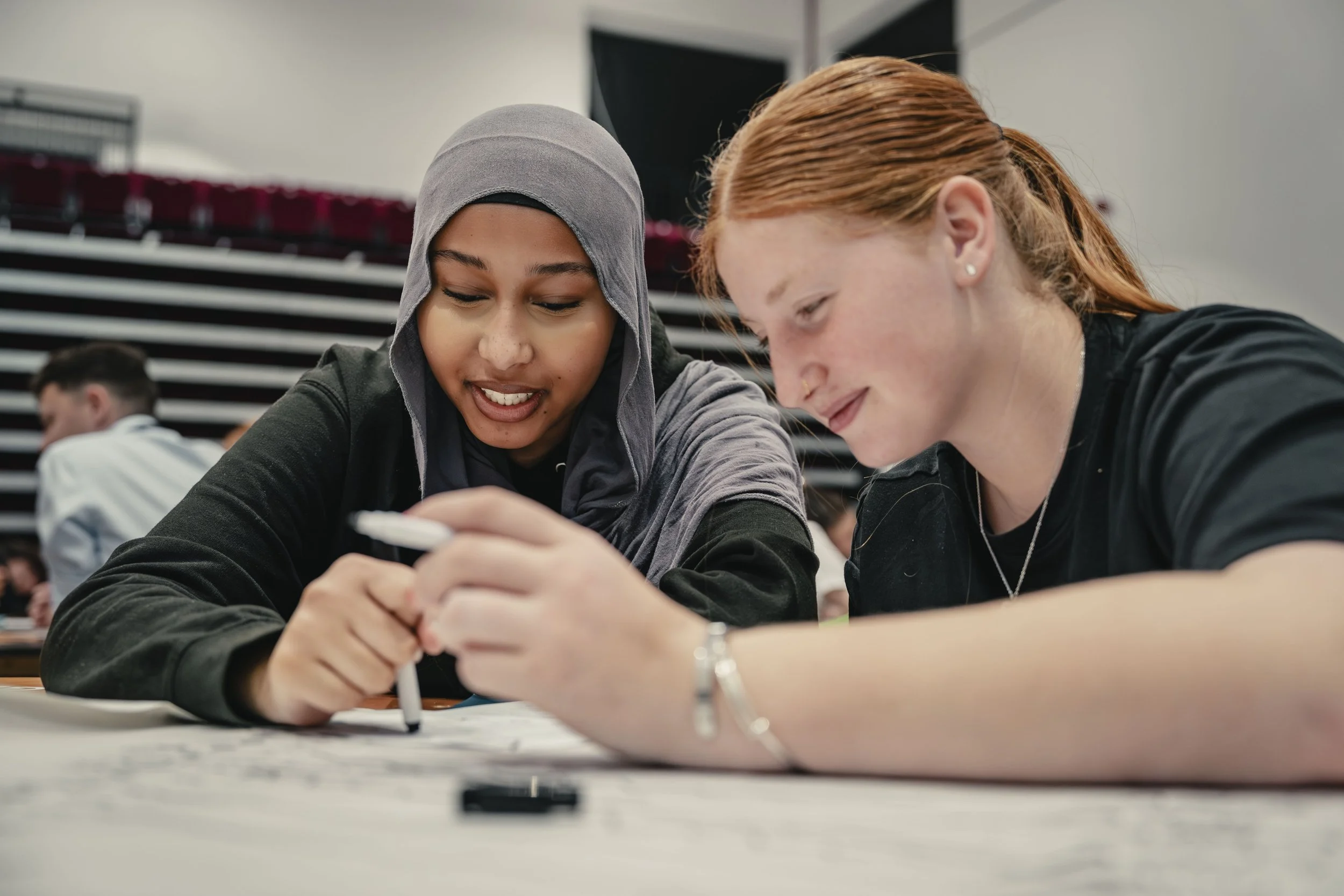Careers Week: Recognising the skills that shape every career
by Jennifer Tempany, co-founder of Powering Futures
In a classroom I visited this week, a teacher played her pupils a short clip from a business interview about artificial intelligence and the future of work.
The executive being interviewed listed creativity, adaptability and communication as the skills that would matter most.
When the clip ended, she asked what the class thought. There was silence. A few said it sounded interesting, but most weren’t sure what he meant. What they didn’t yet realise was that the skills he described were the very ones they were developing every day, they just didn’t have the words for them yet.
Having skills vs recognising skills
That gap between having skills and recognising them matters. Meta-skills, problem-solving, collaboration, communication, resilience are what help people succeed in any career. They’re also difficult to identify, particularly for young people still learning through experience.
At Powering Futures, more than 2,300 pupils across Scotland are taking part this year in our SCQF level 6 qualification, working in teams to solve real-world sustainability and business challenges.
The 2025/26 Challenge Setters include BAE Systems, BAM, Siemens Energy, SSEN Transmission, Seafood Scotland, and the Net Zero Building Consortium a partnership between HCI Skills Gateway, Vital Energi, and the Centre for Net Zero High-Density Buildings.
Why Powering Futures?
This qualification was born from our workplace programmes, which are still delivered in partnership with employers across the UK and remain highly sought after.
We’ve taken that same approach, developing essential skills through live challenges and collaboration and brought it into schools so that every young person has the opportunity to build the capabilities that are critical for their future.
These organisations understand that technical knowledge alone isn’t enough. Scotland needs people who can think, adapt and collaborate - the human skills that technology can’t replace.
Yet our national survey this August found that only seven per cent of pupils could confidently talk about their meta-skills. They might already be using them, but they can’t describe or evidence them. That’s the gap Powering Futures exists to close.
What pupils learn
Through the Challenge, pupils learn how to work in diverse teams, communicate ideas clearly and apply learning to genuine industry problems. They begin to see how the skills they practise in school connect directly to the workplace and that recognition changes everything.
Employers tell us the same thing: they can teach systems and processes, but they need people who can listen, question and keep learning. Those qualities determine who thrives, not just who is hired. Developing them early gives young people a real advantage, helping them step into work or further study with confidence rather than uncertainty.
That’s where the SCQF adds real value. By recognising and crediting these broader capabilities within formal qualifications, it sends a clear message: learning through experience counts. It validates the growth that happens outside exams; the growth that shapes how people perform and progress.
Meta-skills aren’t ‘soft’. They’re durable, practical, and essential. Helping young people see and name them early doesn’t just prepare them for the future, it gives Scotland a stronger, more adaptable workforce today.



